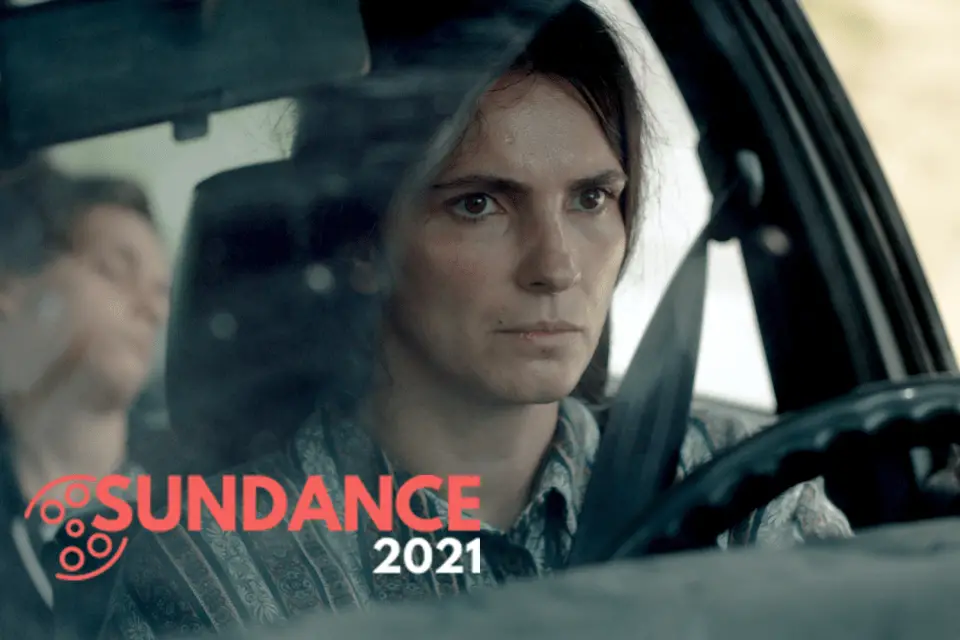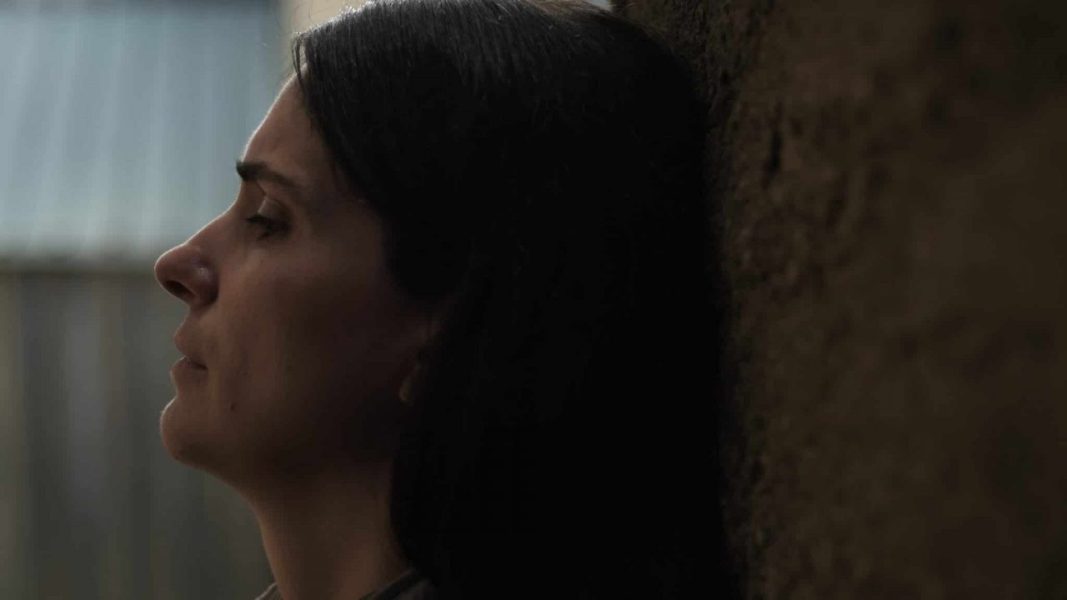Sundance 2021: ‘Hive’ Review

Two films dominated the Sundance Awards last night. One was the crowd-pleasing CODA (read our review here), the other being Hive. In a major upset, Hive made Sundance history by taking home the World Cinema Grand Jury, Directing, and Audience awards in one fell swoop. On the surface, it’s an unassuming character study with minimal flashiness. Under the hood, it’s that restrained nature that allows for great verisimilitude.
Based on a true story, historical context is important to understanding Hive. In Blerta Basholli’s writer/director debut, the setting is Kosovo, March 1999, seven years after a war left many massacred. Fahrije Koti (Yllka Gashi) spends her time looking through body bags in hope of getting closure of her husband’s disappearance. This search, however, doesn’t pay the bills, and neither does her disabled father-in-law. So to provide for her family, she becomes an entrepreneur. Her product is ajvar, a red pepper spread that’s a delicacy in the area.
Because of where she lives, Fahrije faces a lot of animosity from the men. Basholli’s film depicts it without exaggeration. There’s a subtlety in the hushed whispers and polite social roadblocks that get in her way. Even the more explosive moments – being called “whore, a rock being thrown from her car window – aren’t played up. It’s simply the way of things. Gashi gives Fahrije a dignity in going against the tide. Hiding her frustration, she lets the flash of accomplishment for the small victories creep onto her face. Furthermore, it’s these small victories, like getting a license or selling the ajvar to a supermarket, that mark the benefit of Basholli’s subdued style.
Hive isn’t a film only about patriarchal struggle. Yes, the prideful men present roadblocks, but they’re one piece of what makes Fahrije’s story. There’s the shadow of the war, cast over many aspects of day-to-day life. Fahrije’s family feels the loss of their father, with their home unit in a state of disrepair. Trinkets of him, shot without sentiment by Alex Bloom, are the only remnants. Of course, there are constant reminders of the troublesome horror that exists throughout the town.
Nevertheless, Hive emphasizes the importance of community. Fahrije finds compassion in a women’s meeting group led by the elder Haxhi (Çun Lajçi). Here, all grievances big and small, are fair game for these women to discuss. They form their own “hive” of sorts, uplifting each other until building an entrepreneurial business out of selling ajvar. Infectious, this spirit spreads to the rest of Fahrije’s family, bringing them closer together as they join the business.
Hive can be a bit of a prickly film at moments, thanks to its stark realism. But it’s that realism that makes it authentic, and more importantly inspiring. It’s not a showcase of lush visuals. Hell, the score by Julien Painot might just be ambient noise. But there is truth in its raw beauty, and that’s quintessential Sundance. – James Preston Poole
Rating: 8/10
Hive is still pending a wide release date. For continued Sundance 2021 Coverage keep an eye on our Twitter page and this site!


